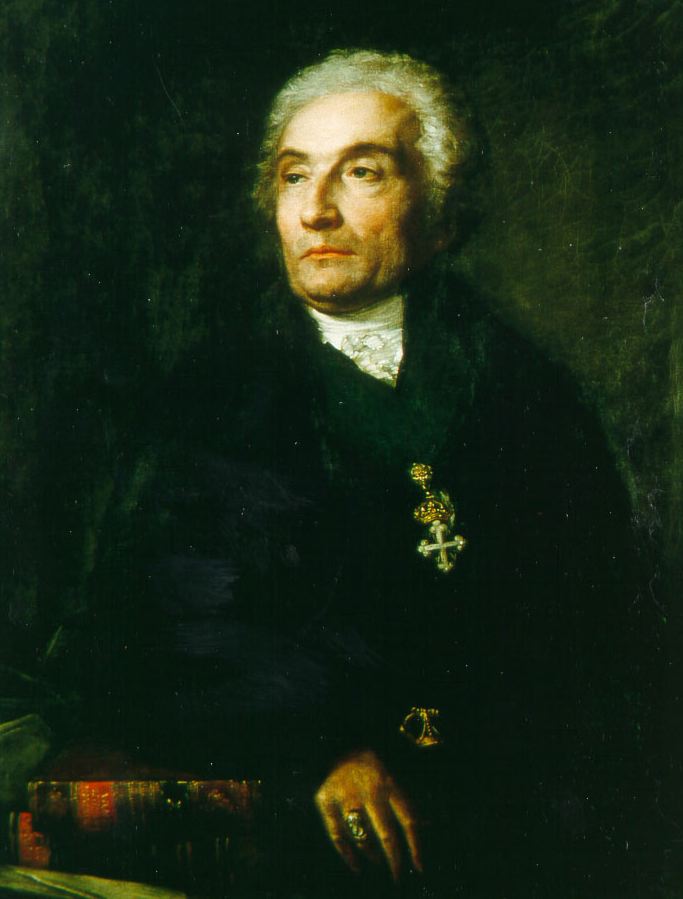Жозеф де Местр знаменитые цитаты
Жозеф де Местр: Цитаты на английском языке
“Wherever an altar is found, there civilization exists.”
The Count, in Les Soirées de Saint-Pétersbourg, "Second Dialogue," (1821).
“Every nation gets the government it deserves.”
Toute nation a le gouvernement qu'elle mérite.
Correspondance diplomatique, tome 2. Paris : Michel Lévy frères libraires éditeurs, 1860, p.196.
Famous Sayings and their Authors, Edward Latham, 1906, Google Books http://books.google.com/books?id=xvkNAAAAYAAJ&pg=PA181.
Bartlett's Roget's Thesaurus, 2003, Google Books http://books.google.com/books?id=D8yVAC8CtO4C&printsec=frontcover.
Letter 76, on the topic of Russia's new constitutional laws (27 August 1811); published in Lettres et Opuscules. The English translation has several variations, including "Every country has the government it deserves" and "In a democracy people get the leaders they deserve." The quote is popularly misattributed to better-known commentators such as Alexis de Tocqueville and Abraham Lincoln.
Les fausses opinions ressemblent à la fausse monnaie qui est frappée d'abord par de grands coupables et dépensée ensuite par d'honnêtes gens qui perpétuent le crime sans savoir ce qu'ils font.
Les soirées de Saint-Pétersbourg, Ch. I
“Never have nations been civilized, except by religion.”
XXXIII, p. 99
Essay on the Generative Principle of Political Constitutions (1809)
"Bacon's Religion," p. 293
An Examination of the Philosophy of Francis Bacon (1836)
“It is imagination that loses battles.”
Источник: St. Petersburg Dialogues (1821), "Seventh Dialogue," p. 221
Letter to his daughter Constance de Maistre, Lettres, 146
Letters
"Of Experiment and of the Genius of Discoveries," p. 37
An Examination of the Philosophy of Francis Bacon (1836)
“All pain is a punishment, and every punishment is inflicted for love as much as for justice.”
"Fifth Dialogue," p. 149
St. Petersburg Dialogues (1821)
"Of Monarchy," p. 120
Against Rousseau (1795)
"Of Founders and the Political Constitution," p. 72
Against Rousseau (1795)
The Count, in Les Soirées de Saint-Pétersbourg, "First Dialogue," (1821).
